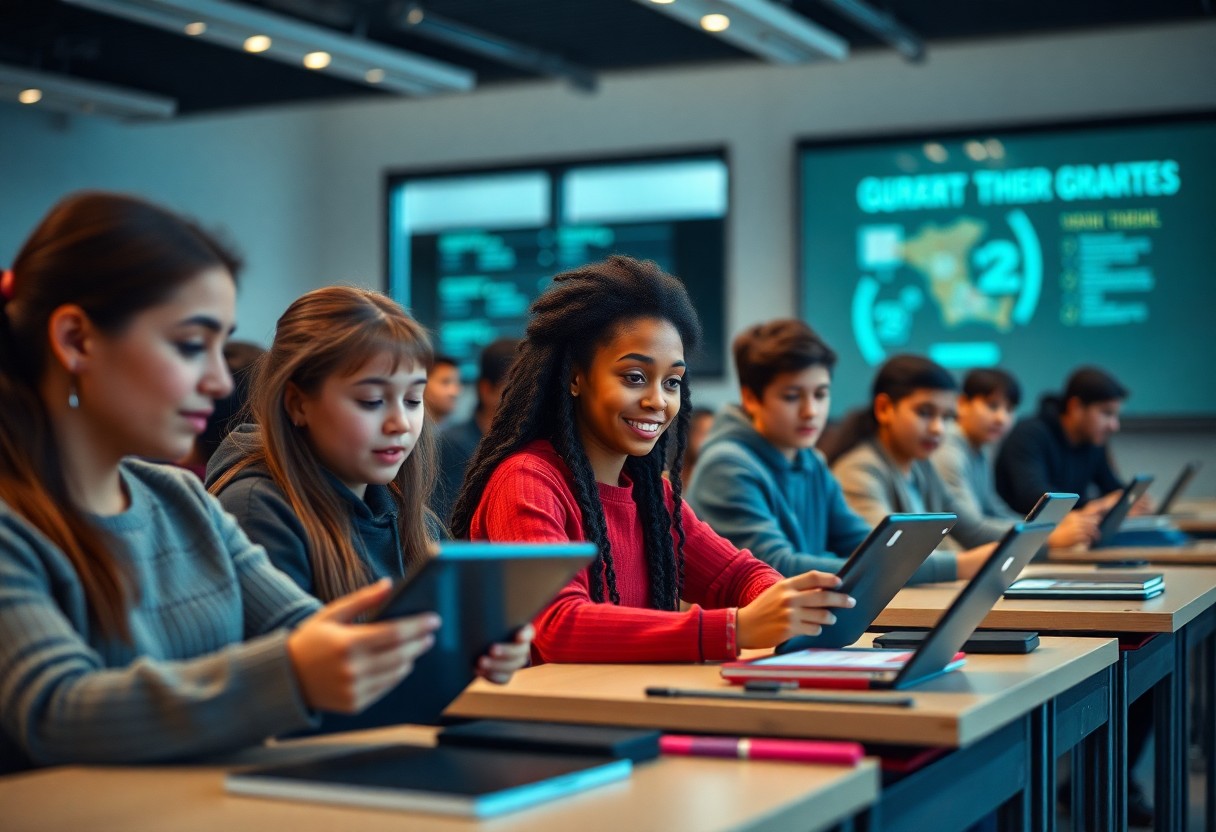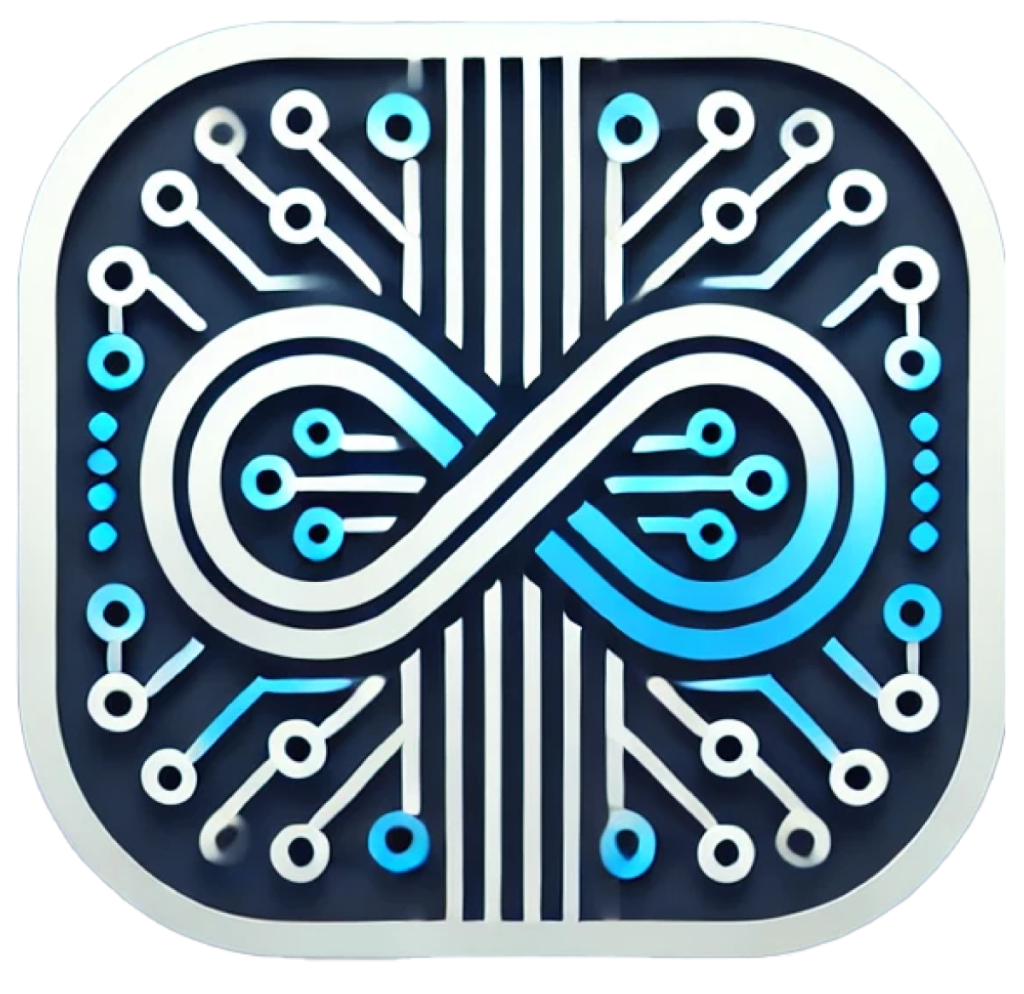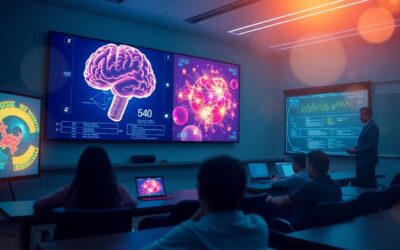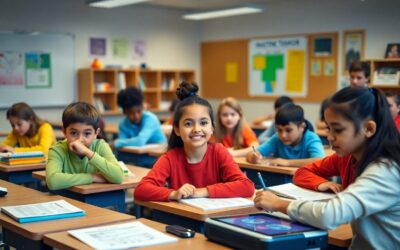Personalised learning solutions offer you the opportunity to tailor educational experiences to meet your unique needs and preferences. By leveraging technology and data, these solutions adapt to your learning style, pace, and interests, fostering deeper engagement and understanding. This individualized approach not only enhances your knowledge retention but also boosts your motivation and confidence. In this blog post, we will explore the remarkable ways personalised learning can transform your academic journey and lead to greater student success.
Understanding Personalised Learning
To fully grasp the concept of personalised learning, you should recognize that it is an educational approach tailored to meet the unique needs, skills, and interests of each student. This method empowers you to take an active role in your education, allowing for a more engaging and effective learning experience tailored specifically to your strengths and weaknesses.
Definition and Key Concepts
Concepts related to personalised learning include differentiation, adaptability, and student agency. These elements work together to provide a customized educational journey, ensuring that you receive the support needed to thrive academically while allowing room for exploration and growth.
Benefits for Diverse Learning Styles
Behind the success of personalised learning solutions lies their ability to cater to diverse learning styles. This adaptability means that your unique preferences—whether visual, auditory, or kinesthetic—are considered and implemented into the learning process.
In addition to accommodating different learning styles, personalised learning fosters an environment where you can engage more deeply with the material. By tailoring the learning experience to suit your needs, you can build confidence and motivation. This ultimately leads to improved retention and comprehension, as the content resonates more with your individual learning approach, making it easier for you to connect with the subject matter and excel in your studies.
The Role of Technology in Personalised Learning
Even in today’s digital age, the integration of technology in education has paved the way for personalised learning solutions to flourish. By leveraging advanced tools and platforms, you can access tailored educational experiences that align with your unique needs, preferences, and learning styles. Technology not only facilitates individualized instruction but also empowers you to take greater control of your learning journey, enhancing your overall academic success.
Adaptive Learning Tools
Below, you’ll discover adaptive learning tools that adjust in real-time to your learning progress and needs. These tools provide a customized pathway through educational content, ensuring that you are neither overwhelmed nor under-challenged. By using algorithms and AI, these platforms analyze your interactions, effectively adapting the curriculum to your pace and understanding, thus enhancing your retention and engagement.
Data Analytics and Student Performance
For optimal student performance, data analytics plays a pivotal role in understanding your learning patterns and outcomes. By collecting and analyzing data on your engagement, completion rates, and test scores, educators can identify areas where you may need additional support or challenge. This informed approach allows for timely interventions and personalized feedback, enabling you to stay on track toward achieving your academic goals.
To maximize your learning experience, data analytics provides insights into your strengths and weaknesses, allowing for a more focused approach to your education. By using predictive analytics, educators can anticipate your future performance and tailor interventions to help you succeed. This continuous assessment not only fosters a deeper understanding of your own learning habits but also empowers you to take charge of your educational journey, ultimately leading to improved outcomes and higher levels of achievement.
Strategies for Implementing Personalised Learning Solutions
Any educational institution looking to enhance student success through personalised learning solutions should adopt a multi-faceted approach that includes innovative curriculum design, flexible scheduling, ongoing teacher training, and harnessing technology. By focusing on understanding individual student needs and adopting a collaborative mindset, you can create an environment that embraces personalised learning effectively.
Curriculum Design and Flexibility
Implementing a flexible curriculum is vital to fostering personalised learning. By offering varied pathways, electives, and learning options, you empower students to pursue their interests and strengths. This adaptability not only promotes engagement but also facilitates mastery of concepts at each student’s unique pace, ultimately leading to improved academic outcomes.
Teacher Training and Professional Development
Flexibility in teacher training is necessary for the successful implementation of personalised learning solutions. Providing educators with the necessary tools and resources allows them to tailor their teaching strategies to meet diverse student needs. Professional development programs focused on personalised learning equip teachers with valuable strategies for creating adaptive learning environments, encouraging collaboration with peers, and continuously evolving their practices.
Understanding the importance of ongoing professional development will enable you to build a team of motivated educators who are well-prepared to support personalised learning initiatives. By participating in workshops, webinars, and collaborative learning communities, teachers can enhance their skill sets and gain insights into effective pedagogical practices. This commitment to continuous improvement promotes a culture of innovation and helps you adapt to the changing landscape of education, ultimately enhancing the learning experience for every student.
Case Studies: Success Stories in Personalised Learning
All across the globe, personalised learning solutions have demonstrated remarkable success. Here are some noteworthy case studies that highlight the impact of tailored educational approaches:
- In a Massachusetts school district, students using personalised learning platforms improved their math scores by 20% over one year.
- A Texas high school implemented individualized curricula, resulting in a 30% increase in graduation rates.
- An online learning program in California saw a 25% reduction in dropout rates among at-risk students.
- In New York, adaptive learning tools led to 40% faster achievement in English Language Arts for middle school students.
Primary and Secondary Education Examples
Any educator can derive inspiration from successful case studies in primary and secondary education. For instance, a pilot programme in an Illinois elementary school leveraged adaptive learning software, resulting in a remarkable 35% improvement in reading comprehension among participating students. This illustrates how tailored solutions can directly address individual learning needs and foster significant academic growth.
Higher Education Innovations
Primary universities are also embracing personalised learning to enhance student engagement and success. Innovative programmes that incorporate adaptive technologies and individualised feedback mechanisms have led to increased retention rates and improved academic performance.
Success stories in higher education showcase the power of personalised learning solutions in fostering student achievement. A renowned university implemented an adaptive learning platform, which allowed students to progress at their own pace. This approach decreased the failure rate in introductory courses by 15%, demonstrating how tailored education can create more effective learning environments. By focusing on individual student needs, institutions can drive significant improvements, equipping students with the skills necessary for their future endeavors.
Challenges and Considerations
Your journey towards implementing personalized learning solutions isn’t without obstacles. Many factors can influence the effectiveness of these initiatives, from equity in access to technology, to the need for teacher buy-in. You need to navigate these challenges thoughtfully to ensure that all students can benefit from tailored learning experiences.
Equity and Access Issues
Issues related to equity and access can undermine the potential of personalized learning solutions. Not every student has the same level of access to technology or resources, which can lead to disparities in their learning experience. To promote inclusivity, it’s crucial to address these inequities and provide necessary support for all students, regardless of their background.
Resistance to Change
Issues related to resistance to change often emerge when integrating new personalized learning approaches. Whether due to entrenched teaching practices or fear of technological adaptation, this resistance can hinder progress. It’s vital that you cultivate a culture of openness and flexibility, enabling educators to embrace innovation and adapt their teaching methods.
Indeed, fostering a collaborative environment among educators is key to overcoming resistance to change. Engaging teachers in professional development and providing ongoing support can help them feel more confident in adopting personalized learning strategies. Encouraging feedback and involving educators in decision-making will also cultivate a sense of ownership, ultimately enhancing the likelihood of successful implementation and transformation in student success.

Future Trends in Personalised Learning
Now, as we look to the future, the landscape of personalised learning is poised for significant evolution. Emerging trends will further enhance tailored educational experiences that respond to individual learning styles, preferences, and needs, ultimately boosting student success rates significantly. You can expect to see more adaptive learning systems, innovative instructional methods, and thoughtful integration of global education standards that will shape the classroom of tomorrow.
Emerging Technologies
Among the emerging technologies revolutionizing personalised learning are artificial intelligence and machine learning. These advancements enable the development of smart tutoring systems and adaptive learning platforms that can assess your progress, preferences, and learning pace, delivering a customized educational experience. You will benefit from enhanced engagement and a more efficient learning process, as these technologies create interactive and tailored learning environments.
Policy Developments
Personalised learning initiatives are increasingly supported by policy developments aimed at enhancing educational equity and accessibility. As you navigate these changes, you’ll find that various educational institutions are adopting frameworks that allow for more individualized approaches to curriculum design, teacher training, and assessment methods. This shift heralds opportunities for you and your peers to engage with learning in a way that recognizes your unique strengths and challenges.
Technologies play a substantial role in the advancement of these policy developments. Education authorities are focusing on integrating tech-driven solutions into their frameworks, emphasizing the importance of data privacy and ethical use of student information. This means you’ll benefit from policies that prioritize your learning needs while ensuring a safe, supportive environment. The commitment to personalised learning will continue to strengthen, fostering a landscape where your unique educational journey is recognized and supported.
To wrap up
With this in mind, personalized learning solutions can significantly enhance your student success by catering to individual learning needs and styles. By leveraging tailored resources and strategies, you can foster a more engaging and effective educational experience. This approach not only boosts knowledge retention but also cultivates a sense of ownership and motivation in your learning journey. Embracing personalization allows you to develop critical skills at your own pace, ensuring that you are well-prepared to tackle future challenges and achieve your academic goals.
FAQ
Q: What are personalised learning solutions?
A: Personalised learning solutions refer to educational approaches that tailor learning experiences to meet the individual needs, preferences, and interests of each student. This can involve adaptive learning technologies, personalized study plans, and one-on-one mentoring, allowing students to progress at their own pace and focus on their unique strengths and challenges.
Q: How do personalised learning solutions impact student engagement?
A: Personalised learning solutions significantly enhance student engagement by providing learners with content that is relevant to their interests and learning styles. When students have the opportunity to choose subjects or projects that resonate with them, they are more likely to stay motivated and actively participate in their education. Tailored feedback and adaptive pathways also help create a more interactive learning environment, fostering a greater sense of ownership over their educational journey.
Q: In what ways can personalised learning solutions improve academic performance?
A: By recognizing and accommodating individual learning preferences and paces, personalised learning solutions can lead to improved academic performance. Students receive targeted instruction that addresses their specific weaknesses, allowing them to master concepts before moving on. Additionally, through continuous assessment and feedback, students can monitor their progress, making it easier to identify areas needing attention. This individualized approach ultimately contributes to better retention of information and enhanced overall understanding of the material.




0 Comments